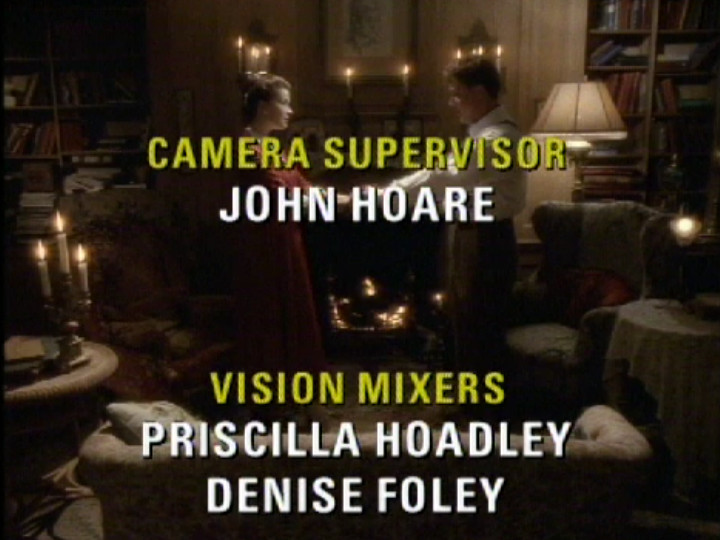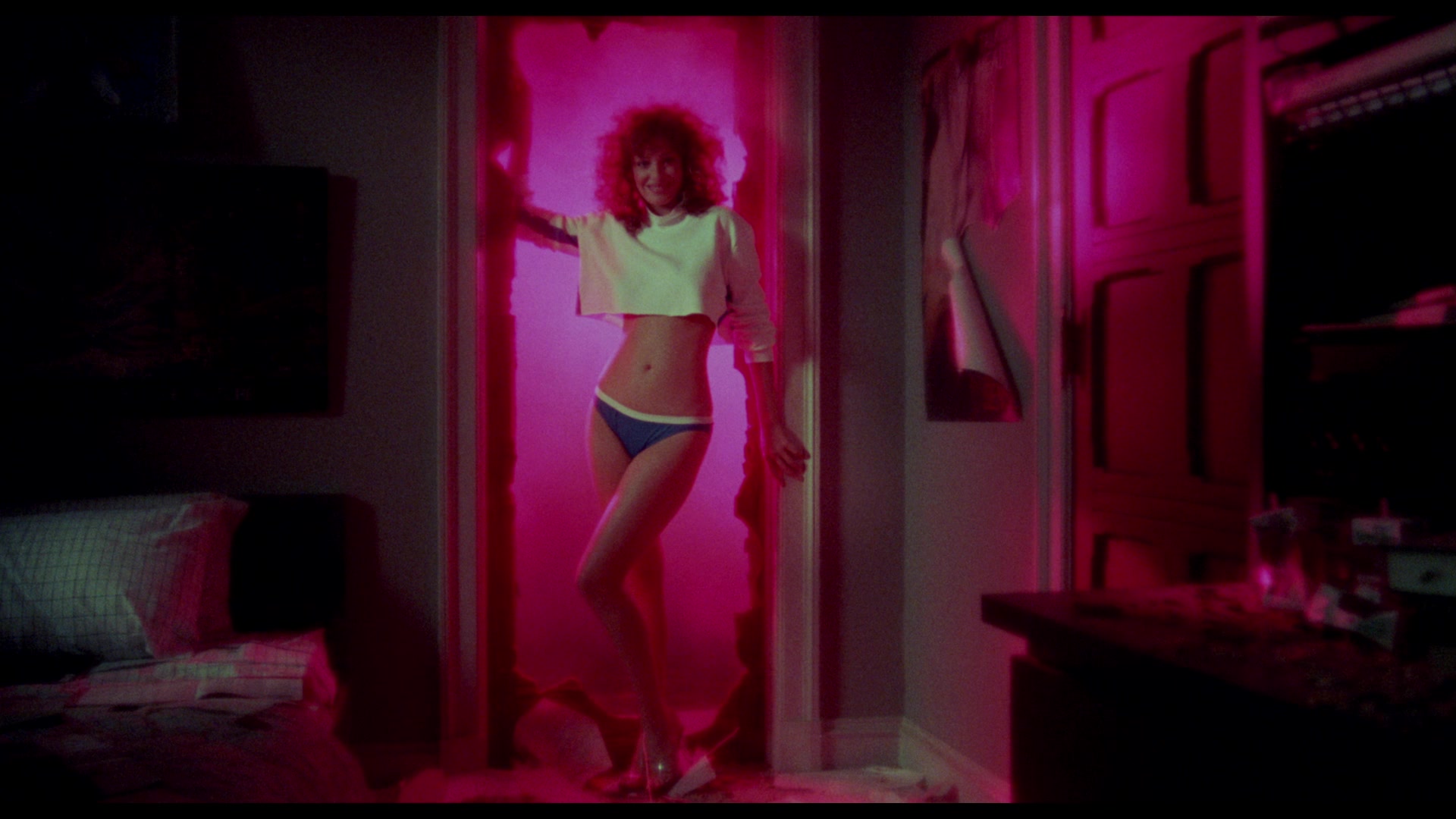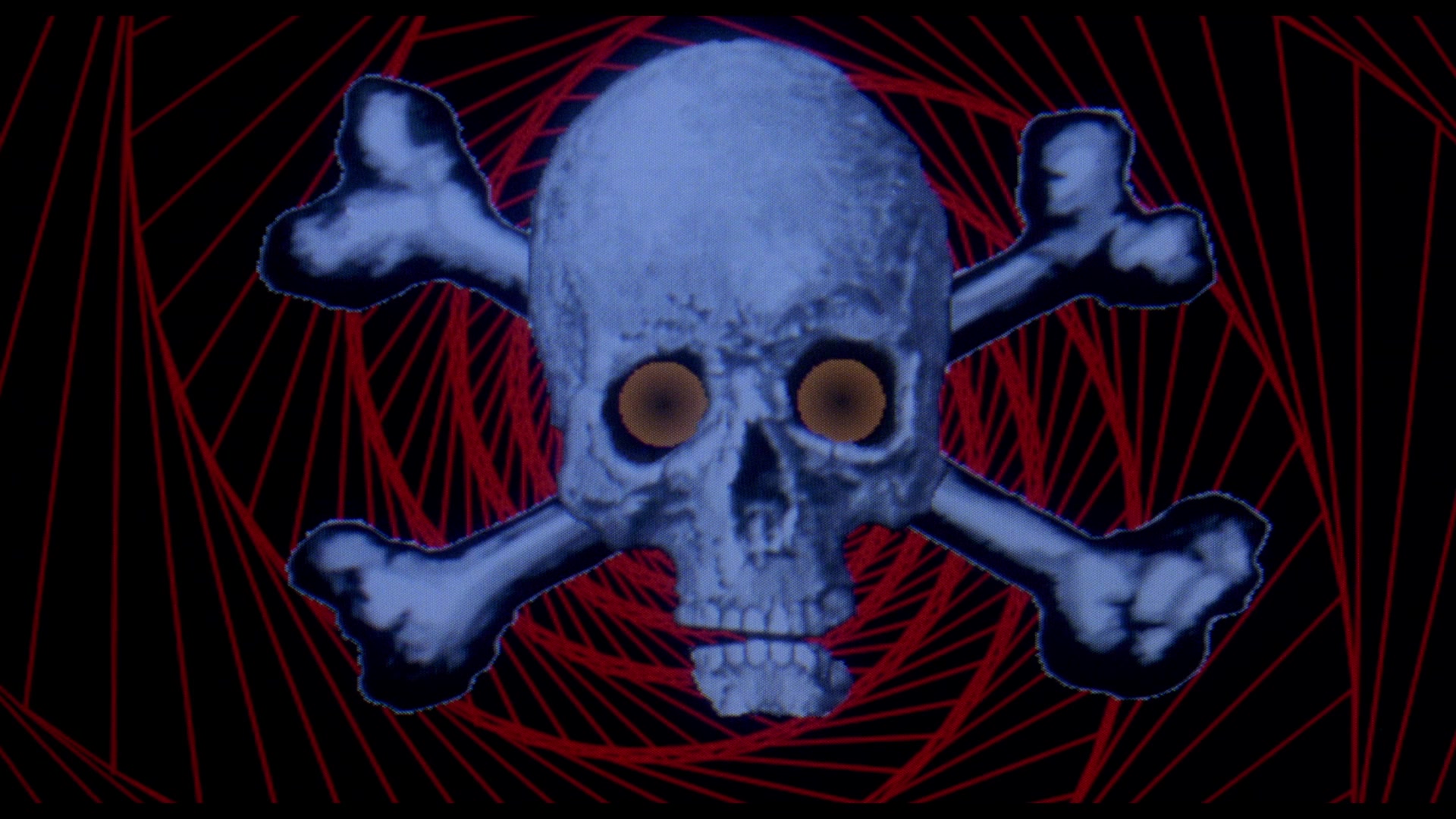I was born on the 23rd May 1981, at Peel Street Hospital in Nottingham. Six months later, that hospital closed for good. I don’t think the two instances were linked.
Third child of the family, I weighed 3.73kg, and popped out at precisely 2:46pm. Which means we can ignore the rest of the gory details, and figure out the really interesting thing: what was on BBC television at precisely the moment I was born?
On BBC1 was Grandstand – specifically, the build-up to England v Scotland at Wembley. Meanwhile, over on BBC2, the afternoon film The Wonder Kid (1952) had just started. Make up your own jokes.
* * *
I am blessed with an absolutely fucking diabolical memory. My entire childhood exists as ever-disintegrating glimpses of quarter-remembered events.
But TV was always there. I distinctly remember running around the school playground with a camera, shooting the ongoing football match. I mean, I didn’t have a real camera. We couldn’t even afford Sky at that point, let alone have the money for something like that. I had to improvise. This improvisation consisted of a plastic ice cream tub, with stickers all over it for the buttons, and a toilet roll tube sticking out the side for the lens. This was placed on my head, so I could look through the tube. Sadly, this did not make Kerry Carter immediately fall in love with me.
I also distinctly remember watching Who Framed Roger Rabbit on Central… and then catching it again a year or so later, and noting that the shoe dip scene seemed to have been further cut. “Why would that happen?”, I wondered, not realising that it was the start of a lifelong obsession.
Then, there was Going Live! A show which got me out of bed early every Saturday morning – for half the year, at least. That show was mine, and Trev and Simon were the best thing in the world. I may never fall in love with a TV show in quite the same way again.
And one day, I noticed something interesting. A certain name showed up in those end credits. Erm, my name.1

Even at that age, it got me thinking. What would happen if I wrote into the show, told them that my name was the same as that guy who did the cameras, and that’s it’s what I wanted to do when I grew up? Surely they’d have me on the show, and I’d get to meet everyone? Wouldn’t that be amazing?
I never did it. I’m not exactly sure why. I mean, I can tell you that I was a lazy little shit. I also thought that thousands of letters would be sent into Going Live! each week. I suspect I didn’t think it was worth trying. These days, my gut feeling is that it was more likely something amazing might have happened than I expected at the time, but who knows, really.
So I never got to go anywhere near the Going Live! studio, unfortunately. I had to settle for lurking behind the camera at a Nottingham OB for one of the ITV Telethon programmes, and yelling out excitedly when I saw the Central logo on the camera. I distinctly remember the cameraman turning to me, and giving me an indulgent smile. To be fair, that was great too.
But none of this – not even the ice cream tub camera – meant I really thought I’d ever work in television. As much as it was a huge part of my life, working on the other side of the screen seemed somehow completely impossible. Anyway, I was obviously going to end up as a computer programmer or something. No, not a software developer. A computer programmer, that’s what it was called.
* * *
Six days after I was born, on the 29th May 1981, the Did You See…? team filmed a segment going behind-the-scenes in the BBC presentation department. Delightfully, somebody has uploaded this segment to YouTube. And at 5:49 into the video, we get to spend a bit of time in NC1, where BBC1 network originates. Warwick Cross is your network director, and the man in charge.
I find watching that video an incredibly weird experience. Because sitting in Warwick’s chair is where I find myself, 40 years later. Some of the job is different these days, and I could write a book about exactly what. But that’s all for another day. Instead, I want to draw your attention to the following.
The hunch forward. The hum to the theme tune. The tiniest hint of world-weariness. None of that is changed, 40 years on. I do all of them. The genetic memory of how to be a network director lives on.
And as for what I might be transmitting on any given day? Who knows. Maybe football on BBC1. Or an old film on BBC2.
Some things never change, 40 years later.
Read more about...
tv memories




